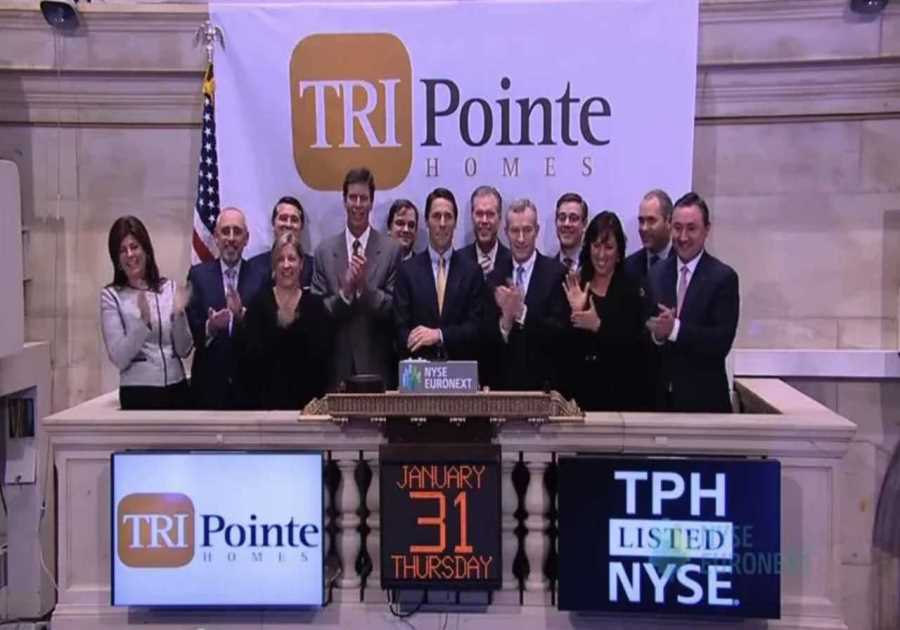Holly Angel
- Barndominiums are popping up across the US.
- These farmhouse-style homes combine living space and a garage or working area under a single roof.
- Economic factors and a renewed interest in farmhouse living are contributing to the trend.
A couple of years ago, Colleen Roberts and her husband Mitch celebrated the 4th of July at a friend's barndominium in northwest Missouri. Right off the bat, her husband decided he wanted a barndominium — a steel, barn-style home - of their own.
"I said, 'Absolutely not,'" Roberts told Insider. "After touring the inside though, I realized how nice they could be."
Two kids later, they got their chance to have one. They had outgrown their home and were looking for an option that was spacious, affordable, and required minimal maintenance.
Once they compared the cost of a barndominium with that of a traditional home, it was a no-brainer decision.
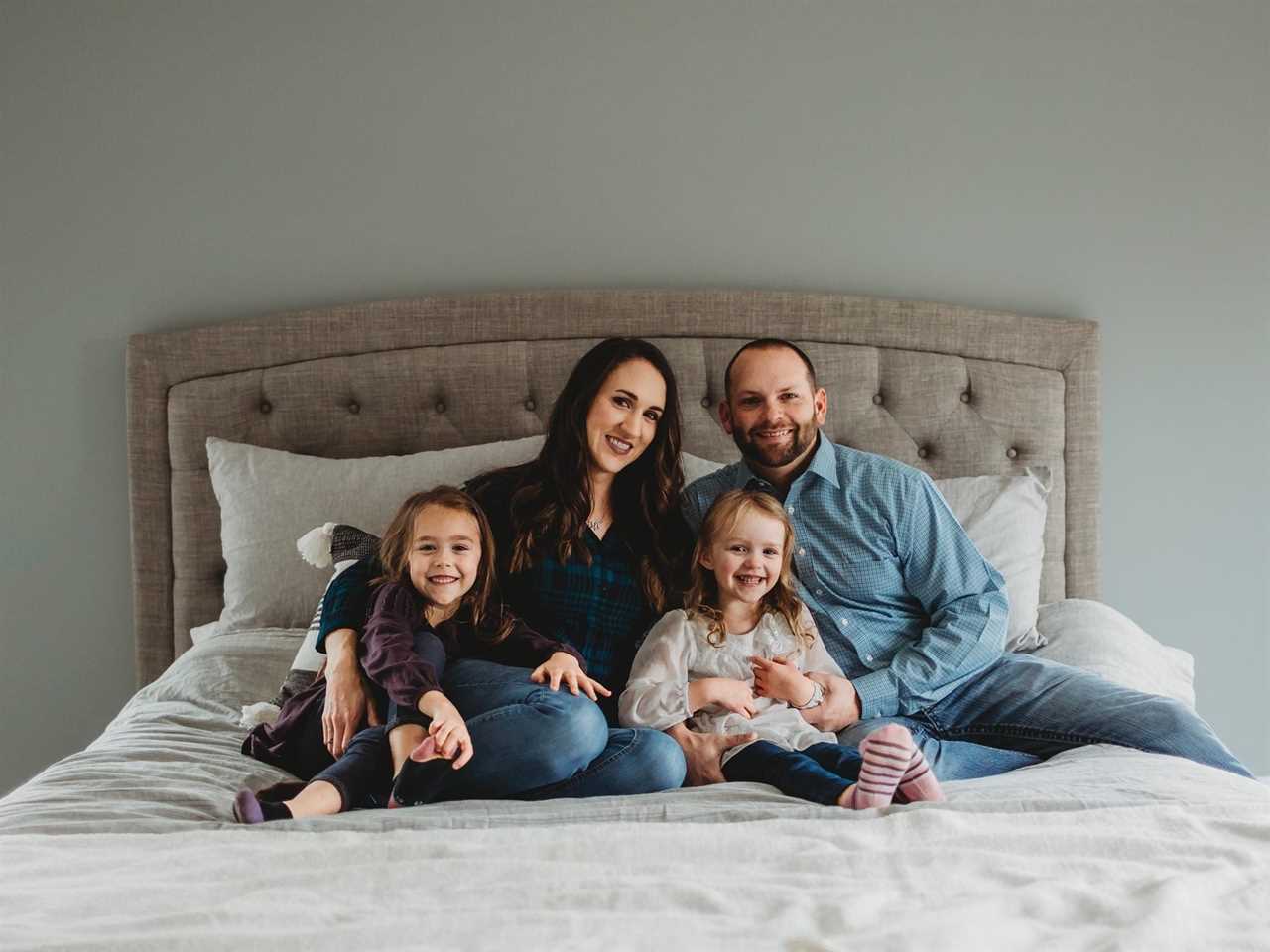
Roberts Farmstead
"We were under $400,000, not including the land since we already owned it," Roberts, a civil engineer, told Insider of the construction costs. Like many other barndominium lovers, the couple took on the role of general contractor and oversaw the construction process.
In the two years since they've moved in, their barndominium has proven to be everything they had hoped for. Their attached garage gives them room to host parties and do DIY projects without leaving the house. There's even space for their two daughters to ride their bicycles.
"I could never go back to a small garage. Our previous home was all brick and about a third of the size, and our utility bills are the same or less," Roberts said. "It wasn't easy, but I'd do it all over again."
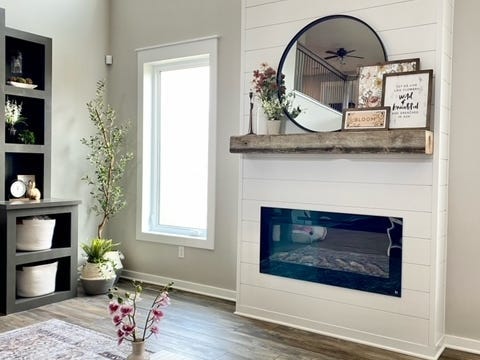
Roberts Farmstead
A spike in barndominium interest
The term "barndominium" is commonly used to refer to large, steel buildings that combine living quarters and a garage or working area under a single roof. From the outside, they often look like traditional barns. But on the inside, they tend to have an open-plan layout and all the fixings and decorations of a regular home.
"They began as a practical and affordable solution — taking a prefab structure and then using it as a rustic living and working space," Erik Gunther, a senior editor at Realtor.com, the real-estate platform, told Insider. "For homeowners with lots of acreage, equipment, and even horses, the idea of having everything under one roof is appealing."
He attributes part of the popularity of barndominiums to HGTV's home-renovation hit "Fixer Upper."
"While the idea of taking a pole barn and converting it into a living space did exist prior to the show, the program helped mainstream the idea of farmhouse living," Gunther said.
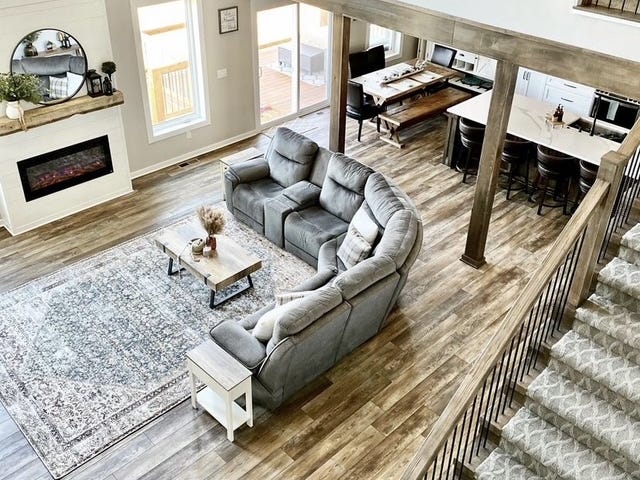
Roberts Farmstead
Interest in this type of housing started growing when the pandemic hit. Google Trends data shows search interest for the term "barndominium" has been trending upwards since the start of 2020.
"There has absolutely been a spike in interest around barndominiums, especially since COVID started," Don Howe, who runs the website Barndominium Life, a directory of barndominium-related resources, said.
There are also more listings on Realtor.com that mention "barndominium" in 2022 than there were in 2020, based on data the site's research team sent Insider. For the week of July 9, 1,875 listings mentioned the word "barndominium." In contrast, for the week of July 11, 2020, there were only 774 listings that mentioned the word. Many of these homes are in middle America, and 58% of all the listings from the week of July 9 were in Texas.
Howe said the trend has evolved over time: While some barndominiums are converted from barns, prospective owners are increasingly building them from scratch.
Building metal homes in the countryside
The first time Stacee Lynn Bell and her husband Oliver tried to build a pole barn house out of wood, they didn't manage to complete it. Twenty-five years later, they decided to try again.
"We've always wanted to do this, so we thought we should go ahead and do it this time," Bell told Insider. This time around, they decided to use steel instead of wood. "My husband said, 'You should just be the builder,' and the next morning I woke up and I became Stacee Lynn the barndo builder."
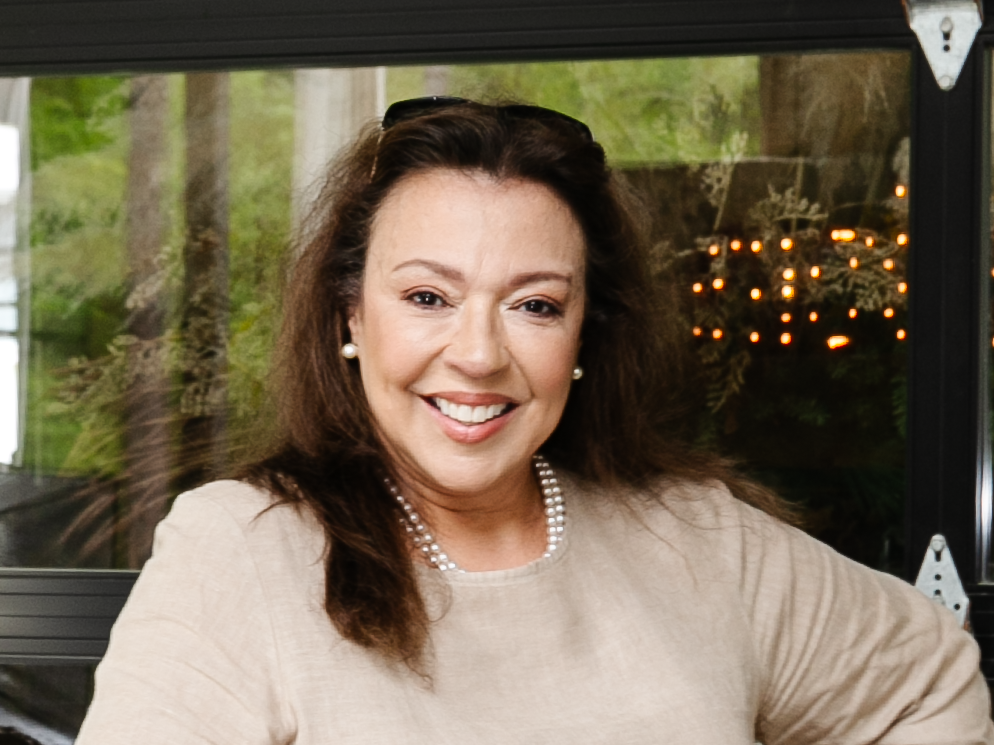
Our Barndominium Life
Bell took charge as the designer and general contractor, and the couple spent the next year building their metal-framed home.
After sharing photos of their Texas barndominium on social media, people started asking if they designed for others. In 2020, they launched a design business called Our Barndominium Life through which they offer construction advice and interior-design consulting services.
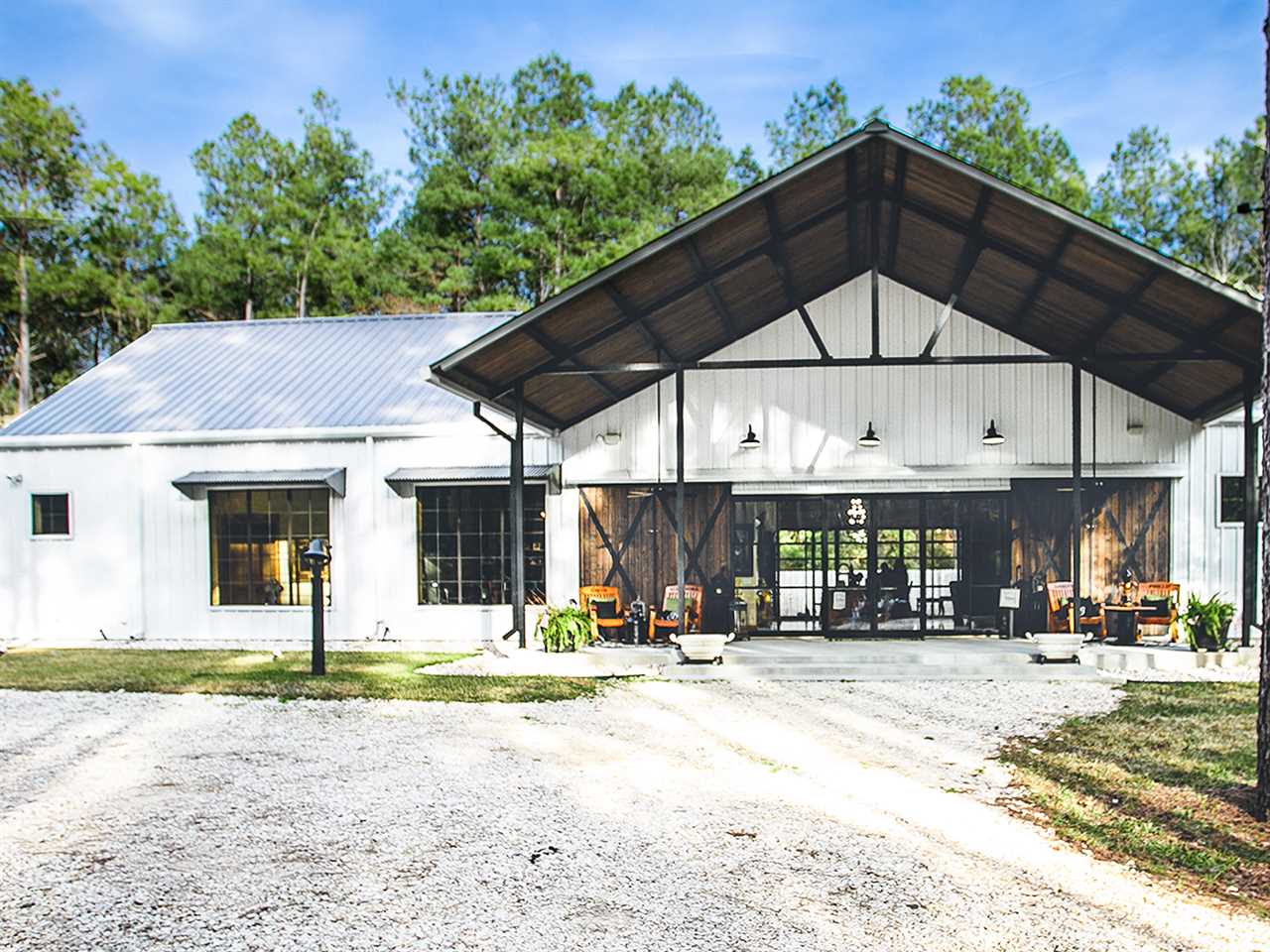
Our Barndominium Life
"COVID hit and people were trying to get a little bit more elbow room, a little bit more space between them," Bell said. Communication companies also started improving high-speed internet and cellphone coverage in rural areas, which enabled people to work remotely, she said. "You've got this whole movement of people out from the city and into the country."
She expected most of her clients would be in their fifties or sixties, but found that in practice, much of the market skewed younger.
"I would say, between the 28-to-35 age range, that's probably 25% of our market," Bell said. "It's pretty amazing how many young up-and-coming professionals are really looking to change their lifestyle and have a little bit more land to enjoy the outdoors with their kids."
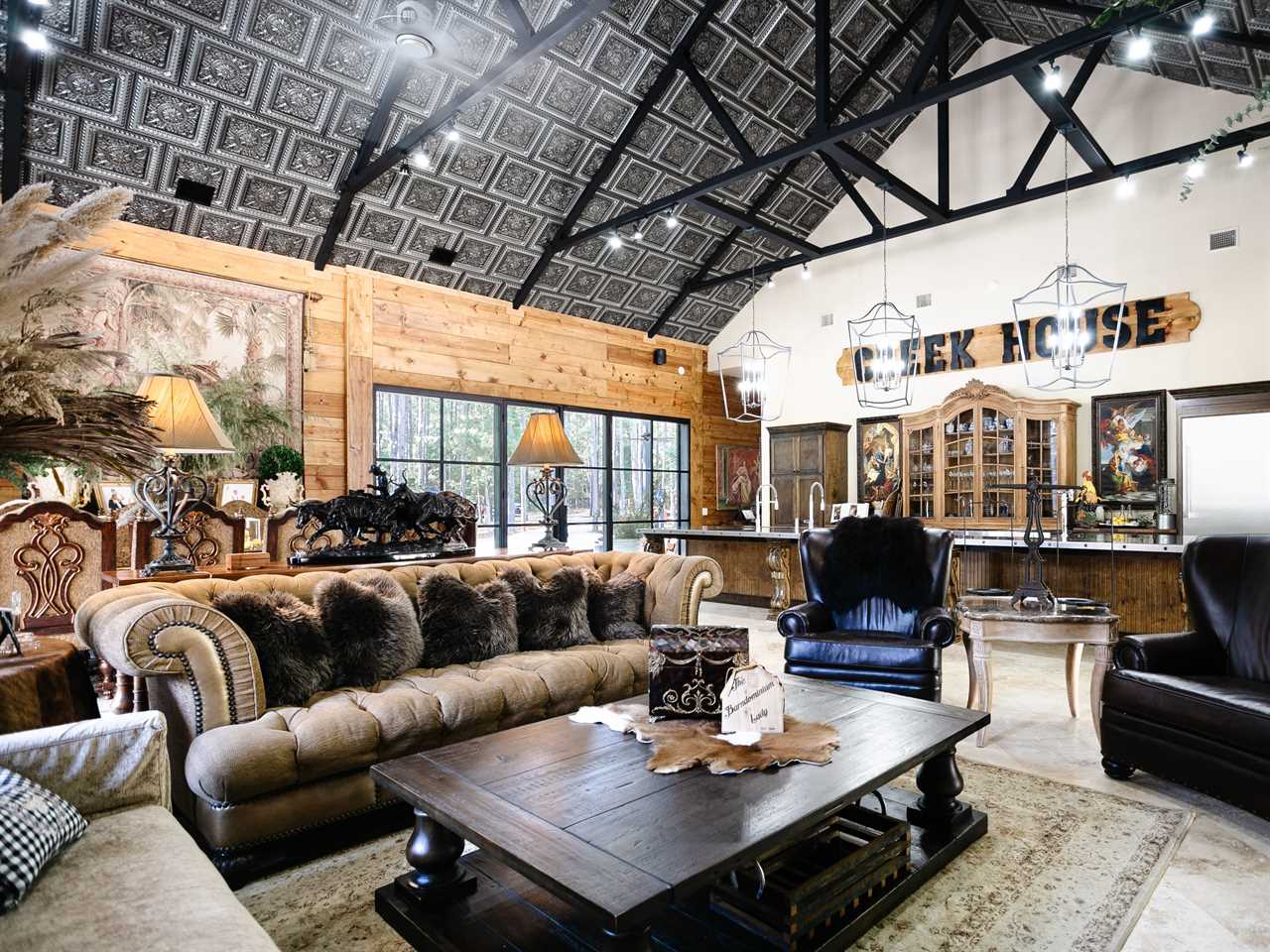
Our Barndominium Life
While some barndominium owners are pandemic converts, for others, the housing style is nothing new.
"For us, I guess we never knew they were trendy, as we both have been around them for 35 years," Holly Angel, an administrative assistant from southern Missouri, told Insider. "As a young girl, my parents' friends had barndominiums, but of course back then they were just referred to as barn houses, and I always loved them."
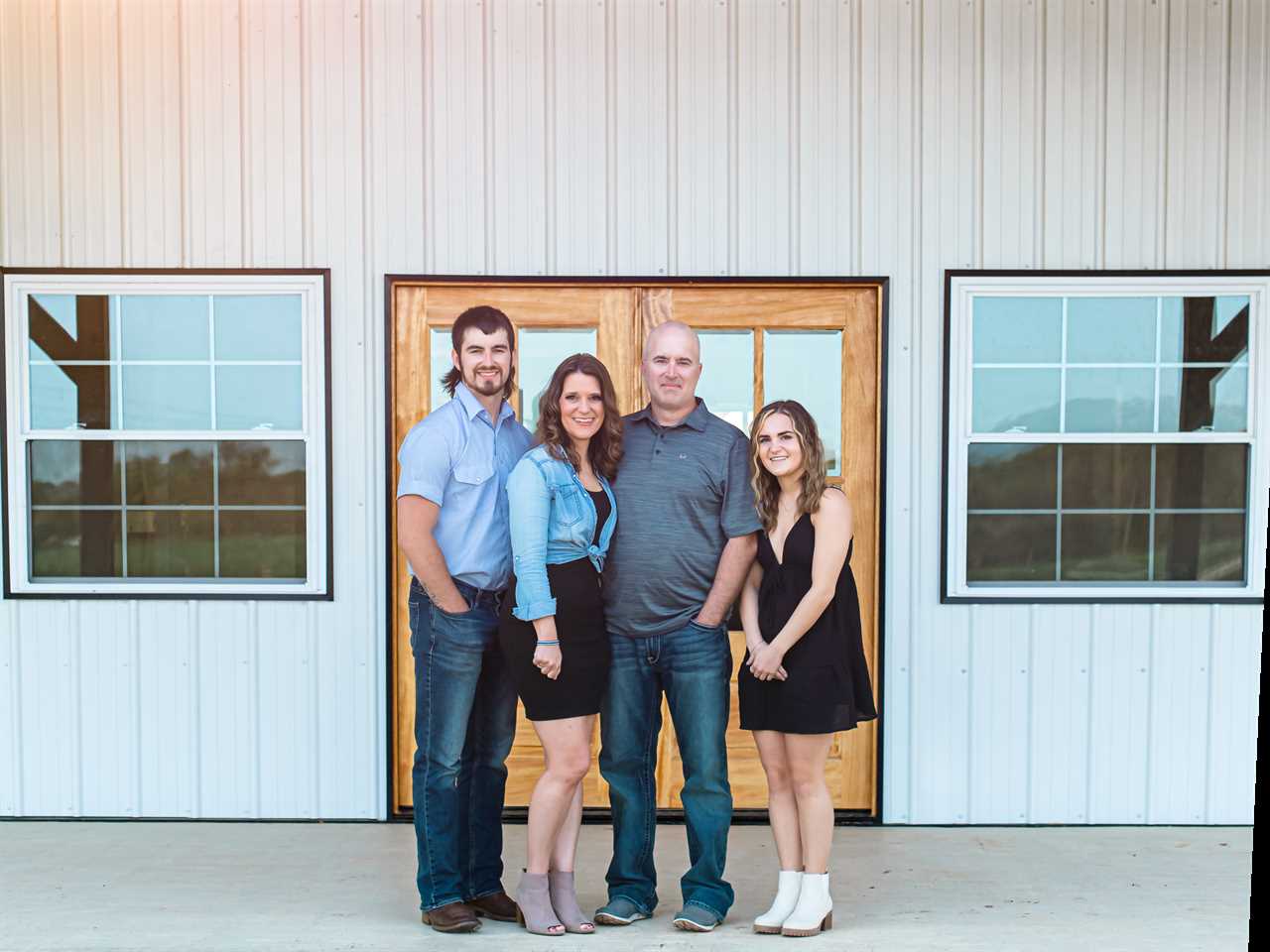
Holly Angel
Angel and her husband sold their home in 2020 to build a three-bedroom, two-bathroom barndominium on family land. They hired subcontractors to build the frame of the house and complete the electrical and plumbing work.
"Everything else we finished out ourselves, including all the trim work, painting, tile work, hanging doors, and light fixtures," Angel said. She estimates they saved between $75,000 to $100,000 by doing the bulk of the work themselves, with the total cost coming to around $215,000 for their barndominium.
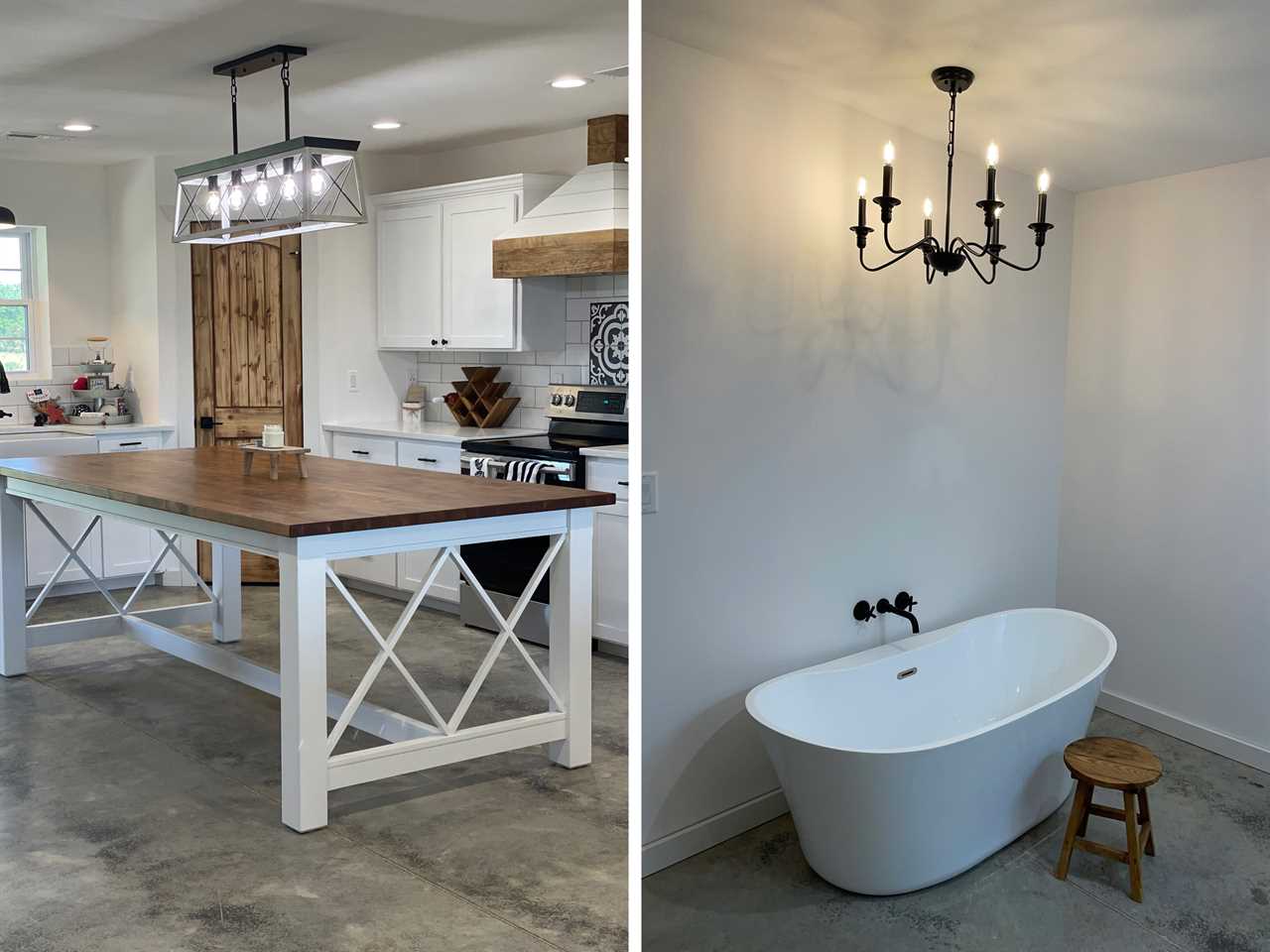
Holly Angel
Saving money on the outside
Apart from pandemic-driven factors, the increased interest in barndominiums is the result of several trends blending together, George Ratiu, a senior economist and manager of economic research at Realtor.com, told Insider.
"On one hand, buyers have been on the search for more space, especially during the past couple of years," Ratiu said. "On the other hand, soaring home prices have led many Americans toward less expensive alternatives."
The cost of building a barndominium from scratch, or converting an existing barn into living quarters, is generally lower than that for a new house, Ratiu said.
But with supply-chain problems and labor shortages, this difference might not be as substantial as it used to be, Bell said. "Now with the popularity of barndominiums and what's going on with the pandemic, you get to save money on the outside of the barndominium, but once you get on the inside, it pretty much rivals what you would do in a traditional home," she said.
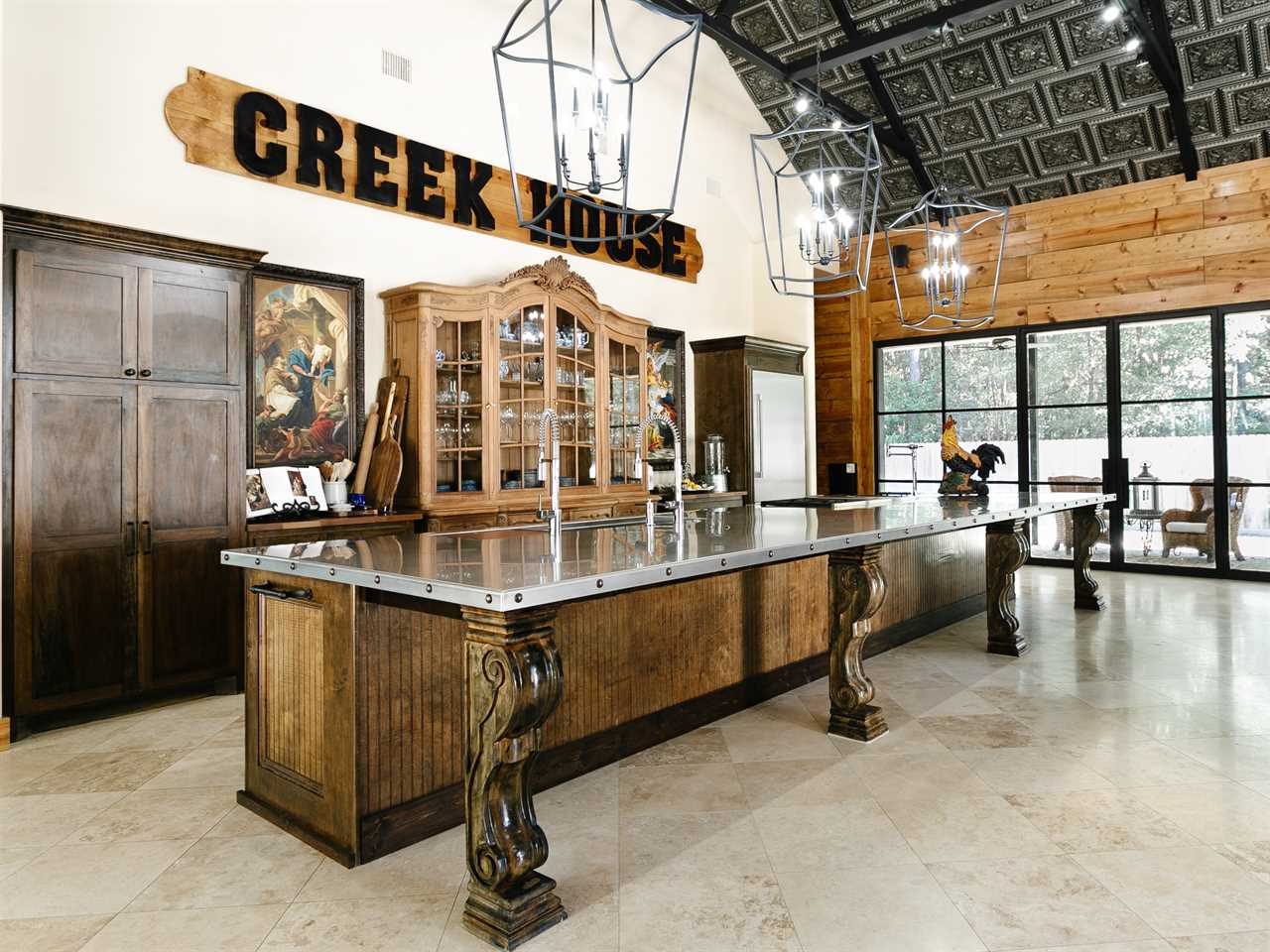
Our Barndominium Life
More than anything, Bell said the housing style is about a shift in how people want to live.
People are looking for a more relaxed way of living, and barndominium life provides space to start a garden and raise chickens, she said. "It's not just about the construction type, it's also about the lifestyle."
That said, for Bell, part of it is about the materials. "I just think steel is sexy," she said.
This story was originally published in August 2022.
Read More
By: [email protected] (Amanda Goh)
Title: Move aside, tiny homes: The barndominium is the hottest thing in alternative housing, and it shows just how much the pandemic has changed what people look for in a home
Sourced From: www.businessinsider.com/barndominium-living-alternative-housing-forget-tiny-homes-2022-8
Published Date: Thu, 27 Apr 2023 19:50:28 +0000
.png)





